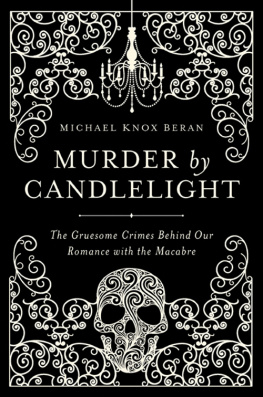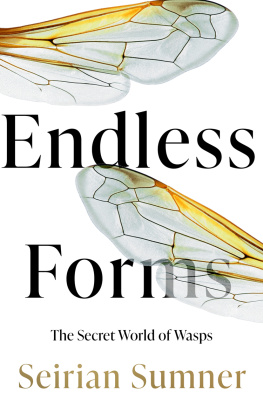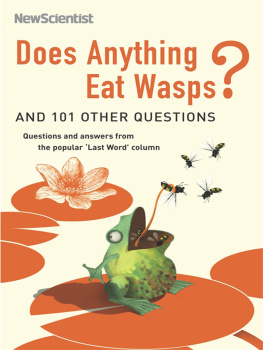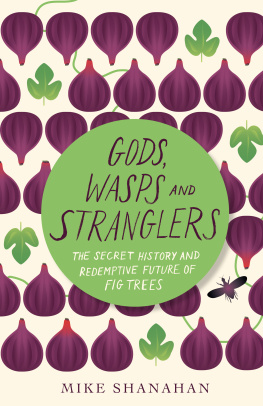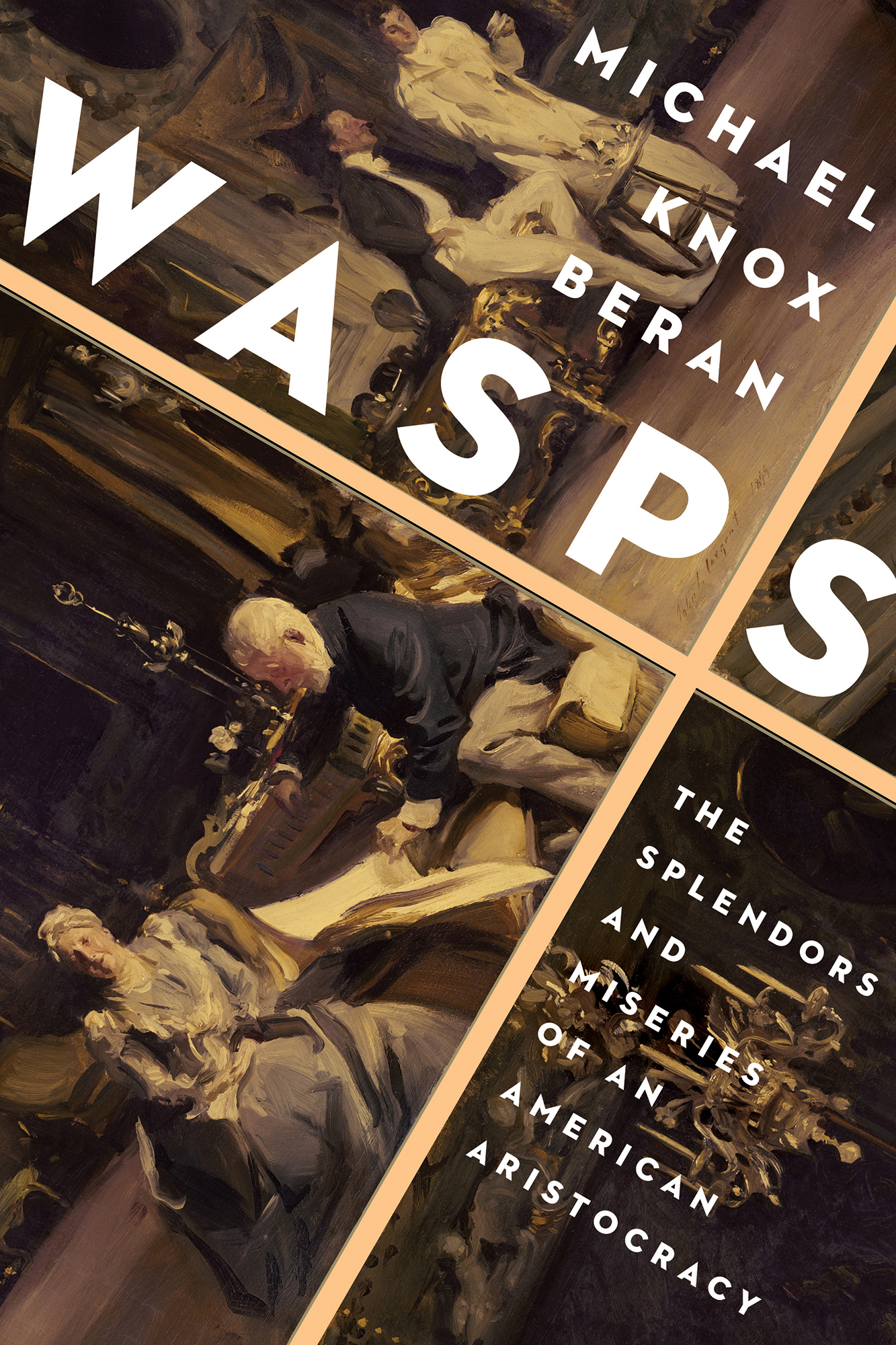Contents
Guide
Michael Knox Beran
Wasps
The Splendors and Miseries of an American Aristocracy
WASPS
Pegasus Books, Ltd.
148 West 37th Street, 13th Floor
New York, NY 10018
Copyright 2021 by Michael Knox Beran
First Pegasus Books edition August 2021
Interior design by Maria Fernandez
Cover design by Faceout Studio, Tim Green
Cover imagery from Bridgeman Images
All rights reserved. No part of this book may be reproduced in whole or in part without written permission from the publisher, except by reviewers who may quote brief excerpts in connection with a review in a newspaper, magazine, or electronic publication; nor may any part of this book be reproduced, stored in a retrieval system, or transmitted in any form or by any means electronic, mechanical, photocopying, recording, or other, without written permission from the publisher.
Library of Congress Cataloging-in-Publication Data is available.
ISBN: 978-1-64313-706-3
Ebook ISBN: 978-1-64313-707-0
Distributed by Simon & Schuster
www.pegasusbooks.com
To my wife and my daughters,
and in memory of Barbara Ward and L. Hugh Sackett
Se tu segue tua stella,
non puoi fallire a gloriosa porto
If you follow your star,
you will not fail to find a glorious harbor
Dante, Inferno

del bello ovile ov io dormi agnello
the fair sheepfold, where a lamb I slumbered
Dante, Paradiso
A WASP Genealogy
This is incomplete genealogy, and is intended merely to show interconnections among the people who figure in this book, whose names are printed in boldface.
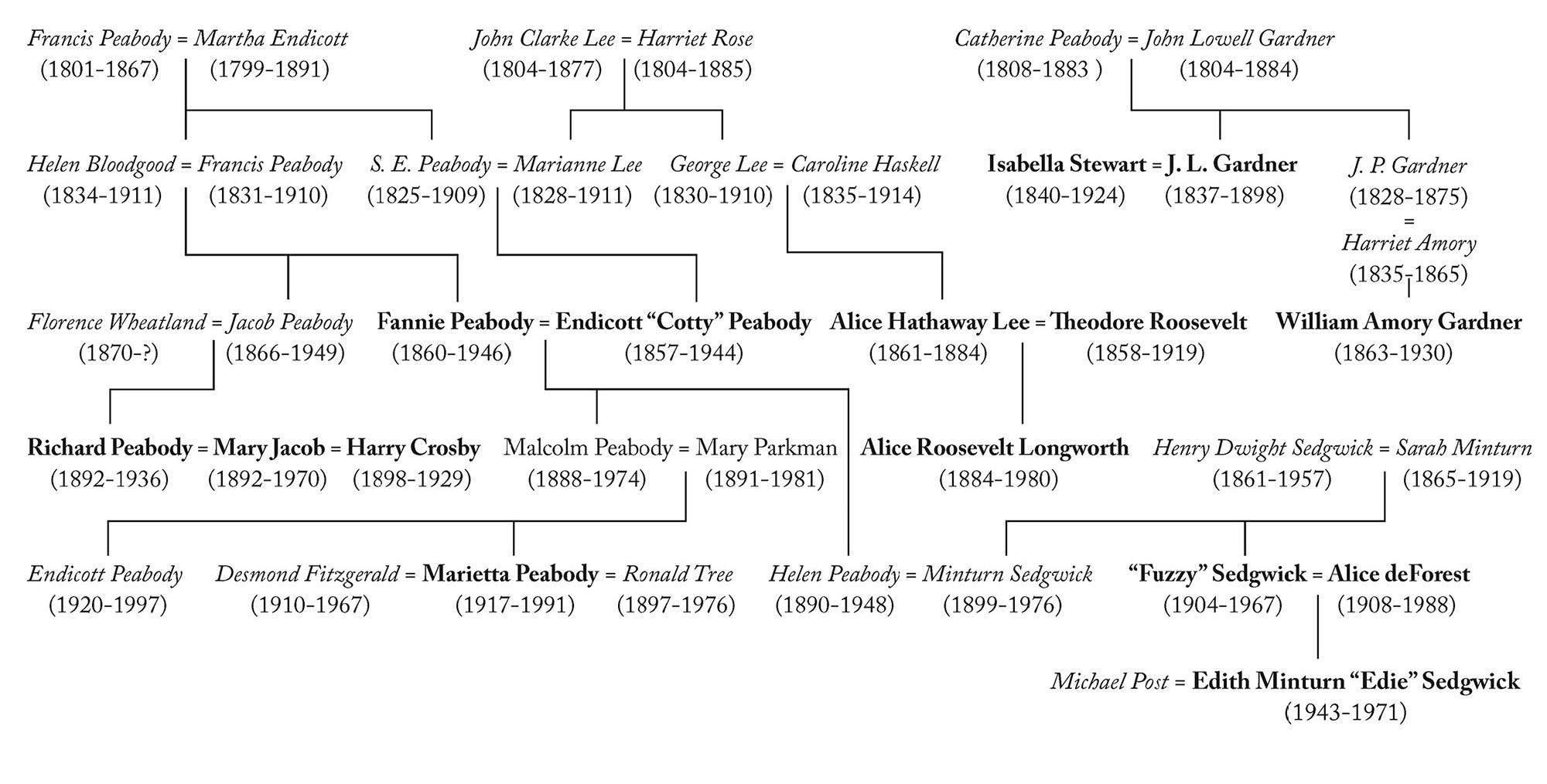
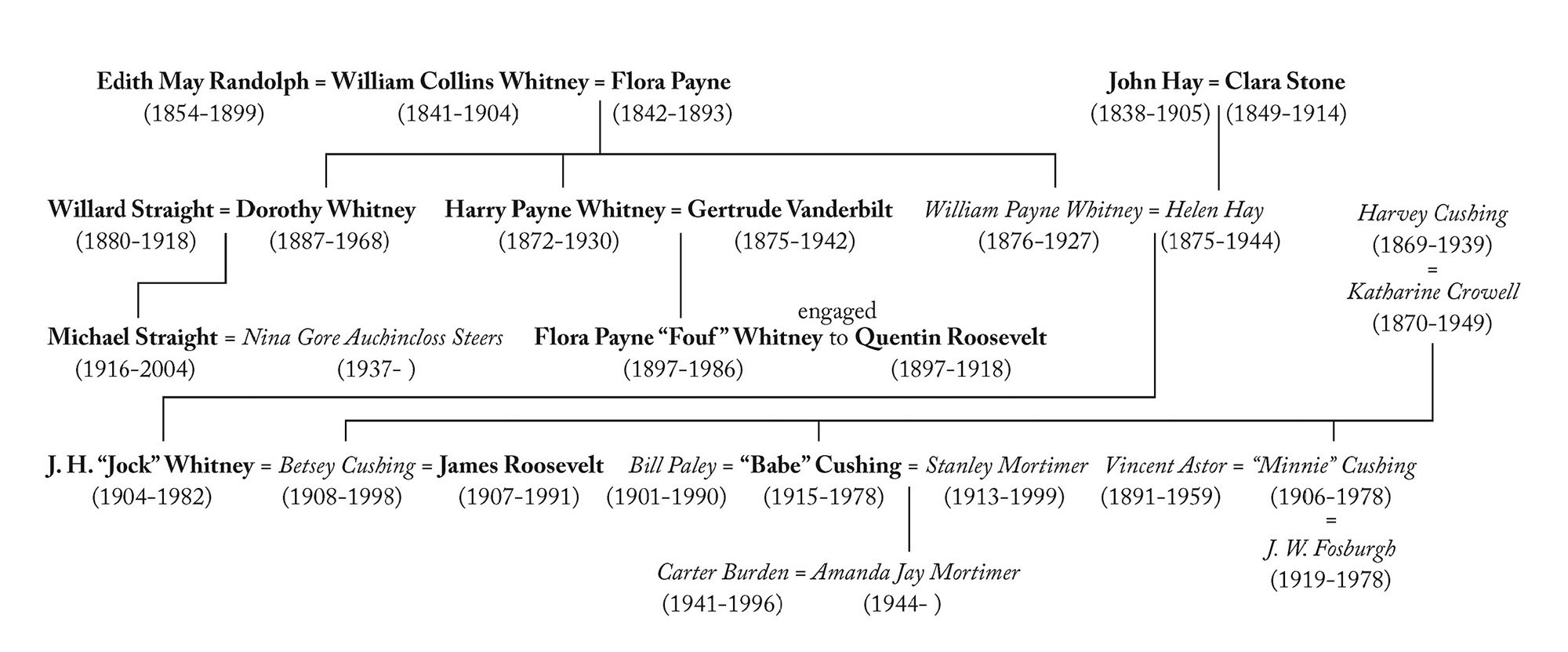
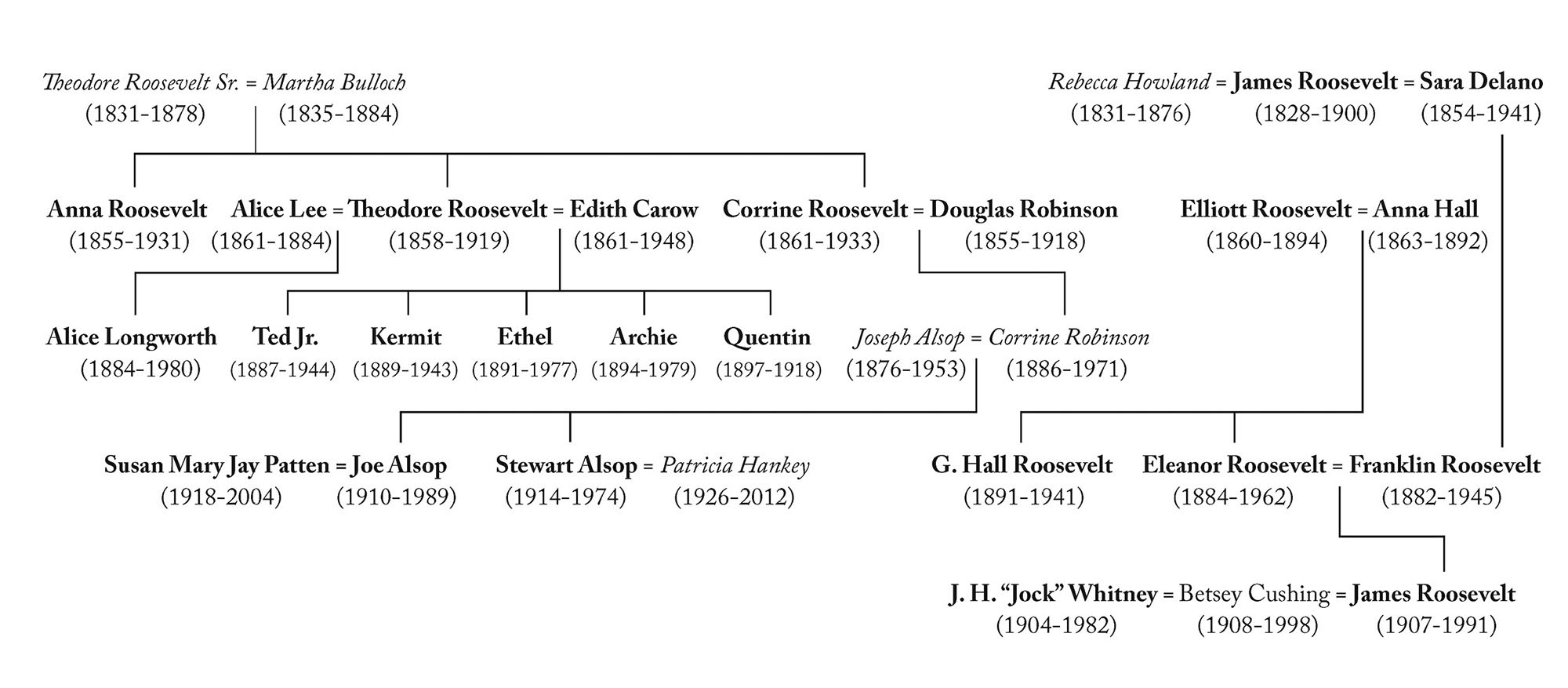

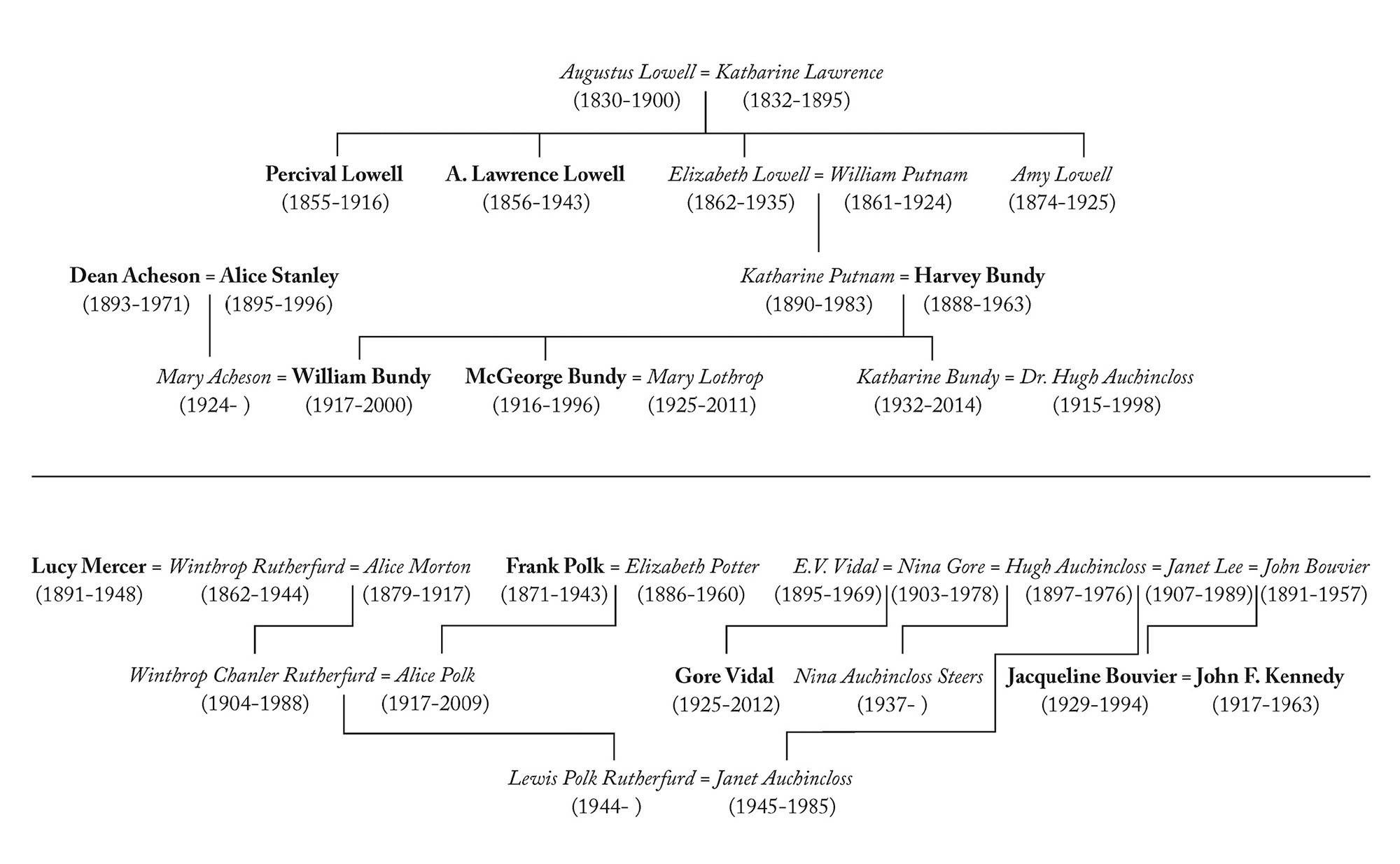
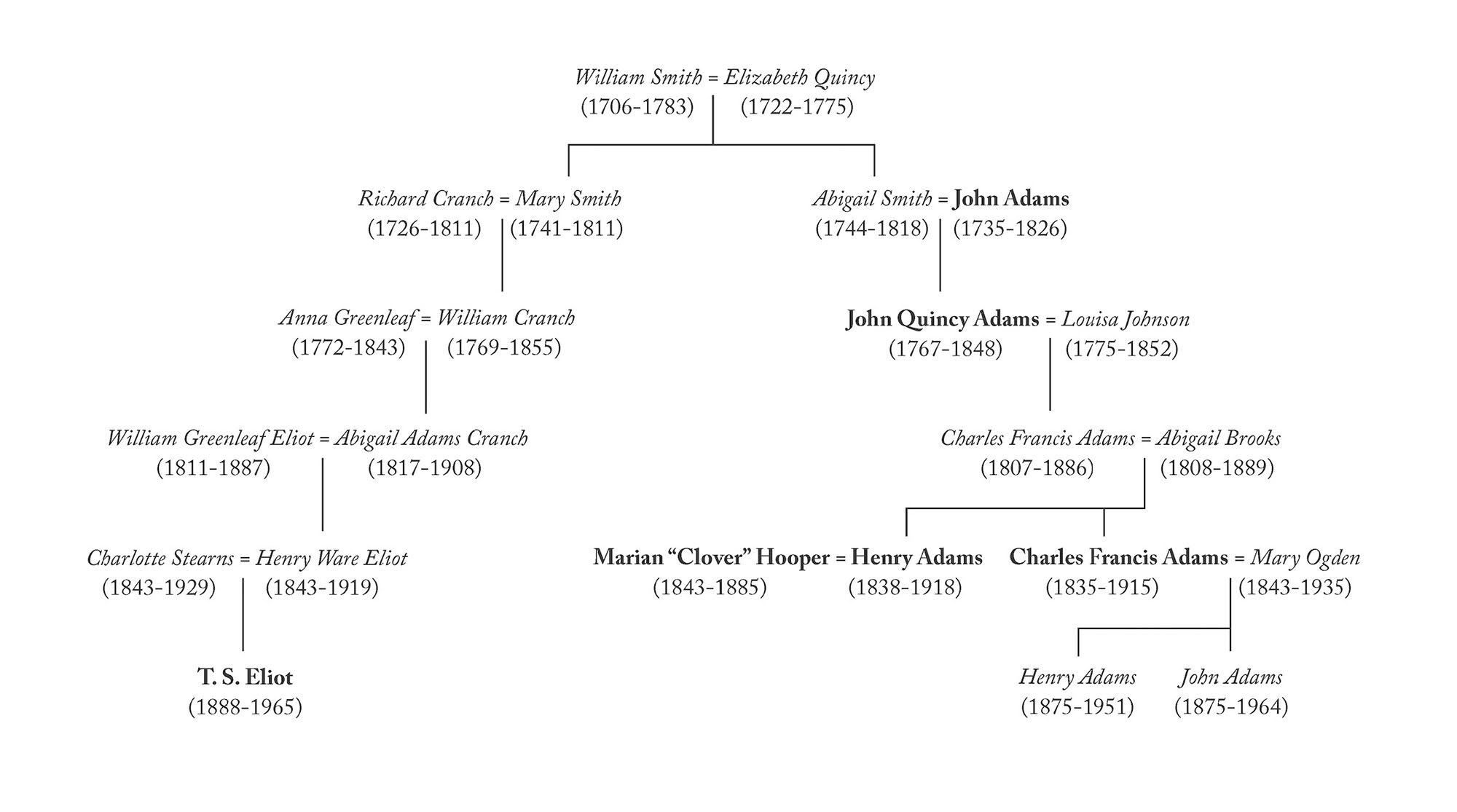
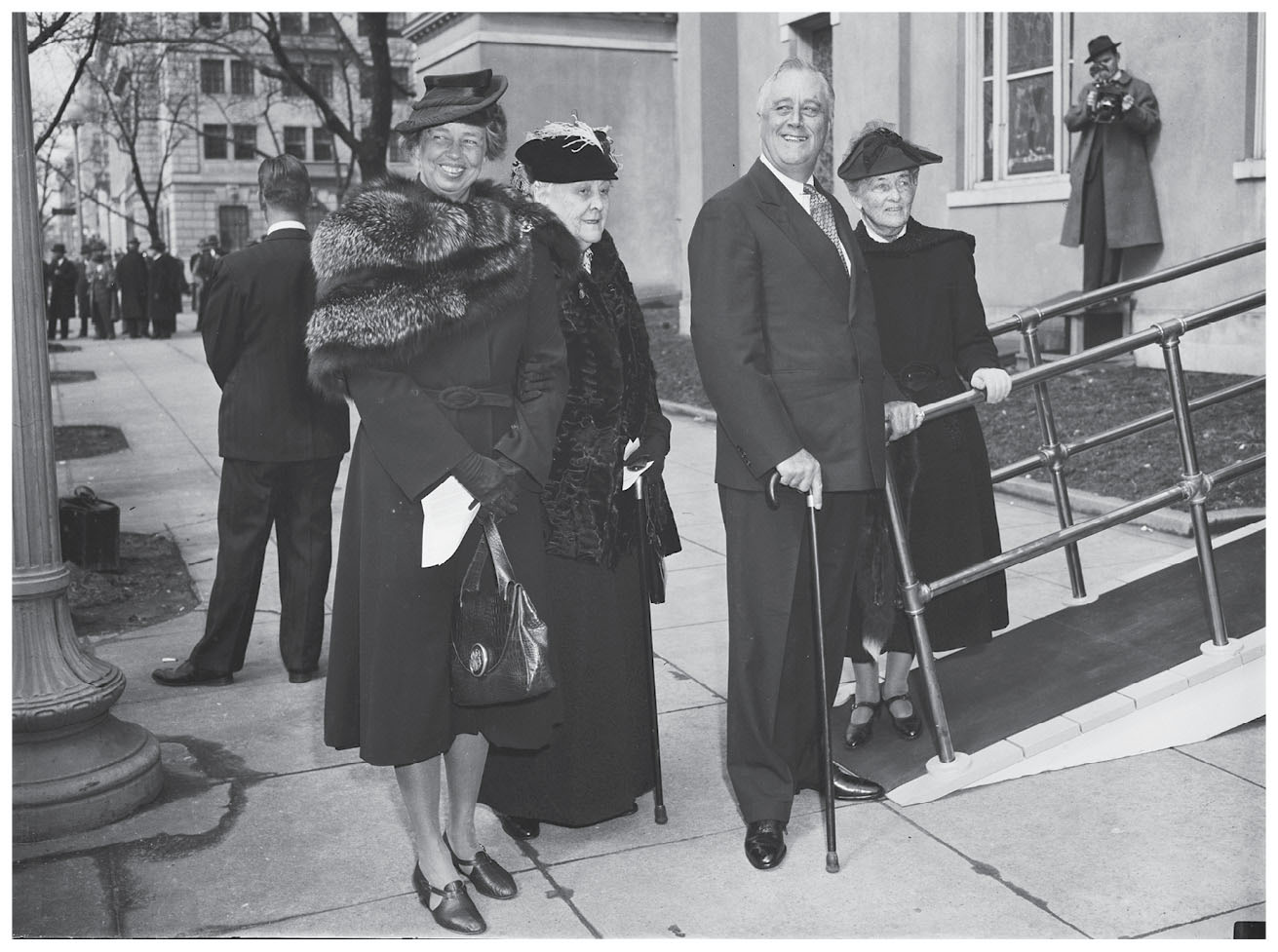
Eleanor Roosevelt, Sara Delano Roosevelt, Franklin Roosevelt, and Fannie Peabody before morning prayer at St. Johns Church, Washington.
Preface
H ow do you write about flawed people in a scrupulous age? Most accounts of elite establishments are ponderously genealogical (Debretts Peerage, the Golden Book of Venice), narrowly sociological (Marx, Veblen, Pareto, C. Wright Mills), or romantically embellished (Livys narrative of the early Roman ruling class, and the not less imaginative accounts of aristocracy in Proust, Lampedusa, Faulkner, and Waugh). What is wanted is a history, like that of the elites of old Israel in the Neviim or books of the prophets, which illuminates both the acts of the ruling personalities and their inspirationsthe ends and purposes that incited them, and made them a little mad. The modern historian of a patrician class cannot, of course, know the imaginations of his subjects quite so intimately as that; he must be content if, in sifting a mass of gossip and innuendo, he can find here and there the fragment of a higher motive. As for baser inducements, vanity, power, opportunity for sexual malfeasance, and the like, there is never any shortage of that sort of evidence where human beings are concerned.
The men and women at the heart of this book did much to shape the America in which we live: so much, indeed, that it is not easy to understand our problems without some knowledge of their mistakes. Yet they present those who would understand them with special challenges, beginning with their name. They were, by and large, descended from the well-to-do classes of colonial and early republican America, from New England merchants and divines, from Boston Brahmins and Anglo-Dutch Patroons. But the Civil War and its attendant changes altered their place in life, and they emerged from the crisis as something different from what their forebears had been: as both a class and a movement, self-consciously devoted to power and reform. What to call them? The term WASPWhite (or Wealthy, if redundancy is to be avoided) Anglo-Saxon Protestantfumbles their background, betraying the sociologists inclination to use a term like Anglo-Saxon when the plainer, more obvious English one would do. (In this case, English.) For there is nothing especially Saxon or Angle about Americas WASPs. Insofar as they embody any English strain, it would be the Norman. Like the Normans, the WASP oligarchs possessed a corrosive blood-pride, one that they could only with difficulty reconcile with their sense of themselves as suffering idealists, groping their way through dark places in the hope of glimpsing the stars.
But in fact WASPs were not an English but an American phenomenon, and it was not their English blood that particularly distinguished them or, for that matter, their Protestant religion. A large number of Americans who were of English descent, who were communicants in a Protestant church, and who might even have been rich, were nevertheless not WASPs. On the other hand, people who were not of English extraction or were only partially so (the Roosevelts, for example, and the Jameses) figure largely in the WASP story. For it was not blood or heredity, but a longing for completeness that distinguished the WASPs in their prime. Yet the acronym we have fixed upon them is, in its absurdity, faithful to the tragicomedy of this once formidable tribe, so nearly visionary and so decisively blind, now that it has been reduced in stature and its most significant contributionthe myth of regeneration it evolved, the fair sheepfold of which it dreamtlost in a haze of dry martinis.
. The WASPs idea that we are, many of us, suffering under the burden of our unused potentialdrowning in our own dammed-up powersdoes not make up for the evils of their ascendancy. But it may perhaps repay study.

Dean Acheson with Jack Kennedy, on whose vitality WASPs preyed on in the era of their decline and fall.
ONE Twilight of the WASPs
demon duri
durable demons
Dante, Inferno
I n 1950 photographers from Life magazine descended on the ranch outside Santa Barbara to shoot pictures of the golden family. Francis Minturn Duke Sedgwick, heir to the Sedgwicks of Stockbridge, Massachusetts, had come to California from the East for the sake of his health, and on three or four thousand acres of tableland at Corral de Quati and, later, at Rancho La Laguna he created a kingdom of his own, one in which he could raise his family in seclusion from the world. It was just paradise, his oldest child, Alice, who was known as Saucie, said. My parents owned the land from horizon to horizon in every direction. Imagine a situation like that where nobody entered who wasnt invited or hired!


